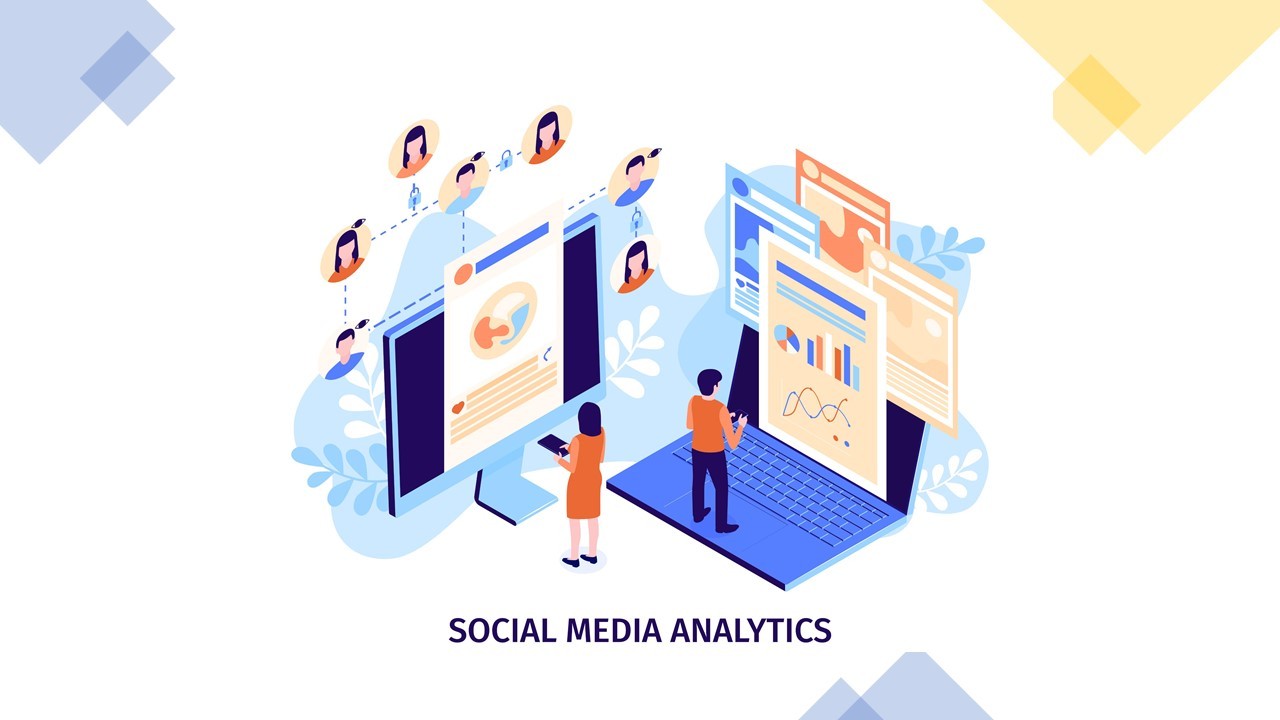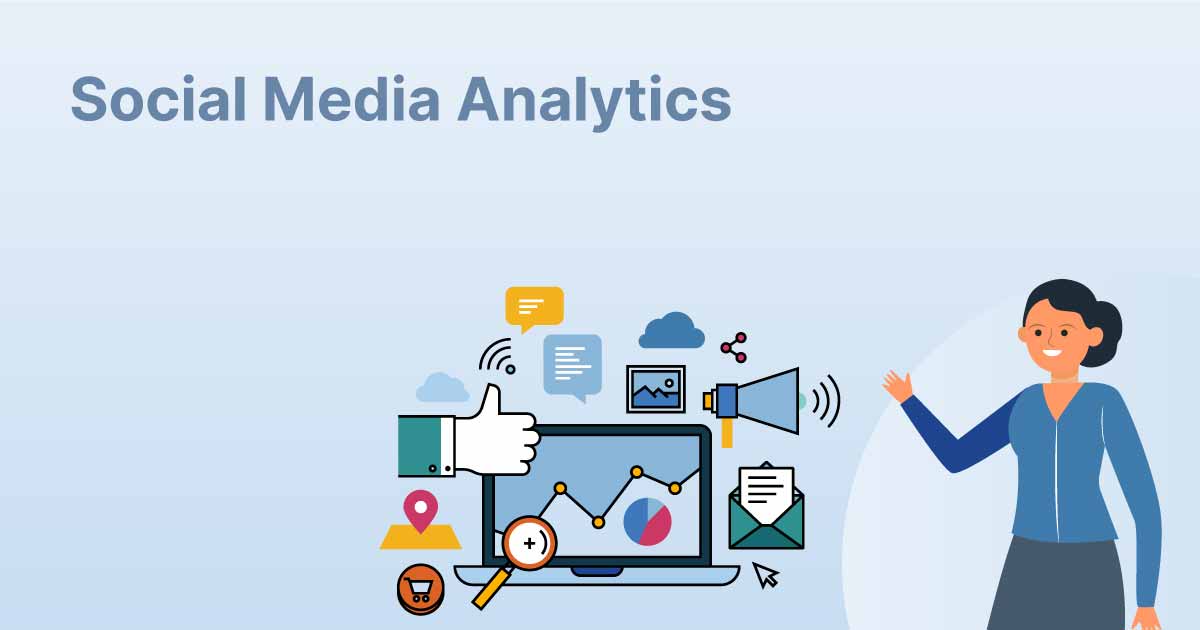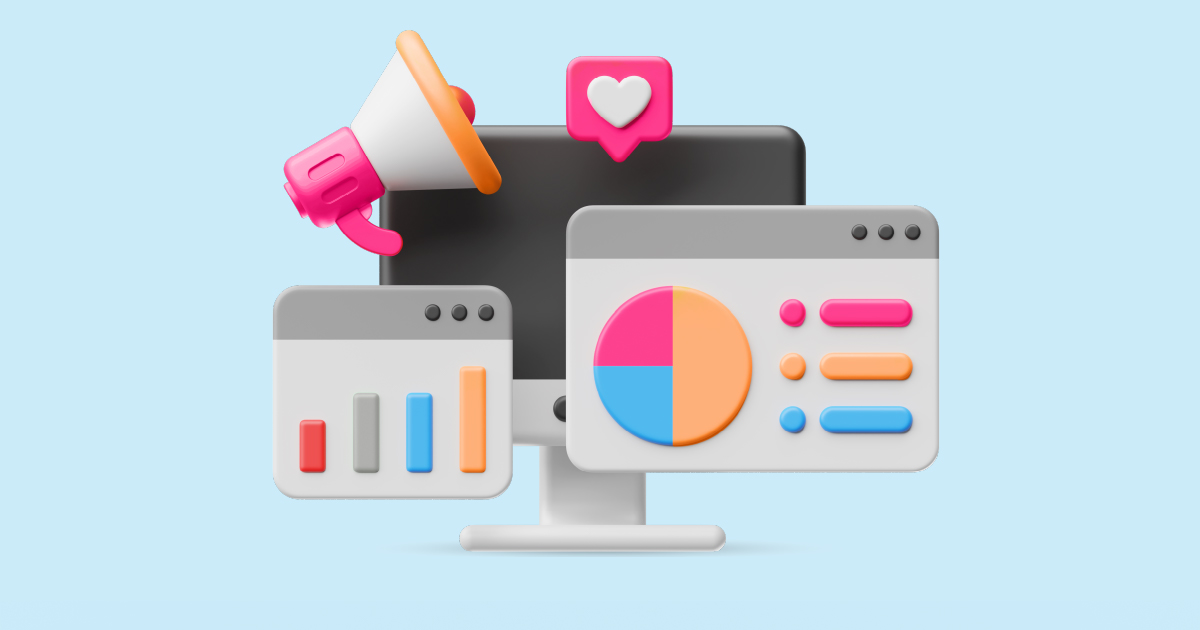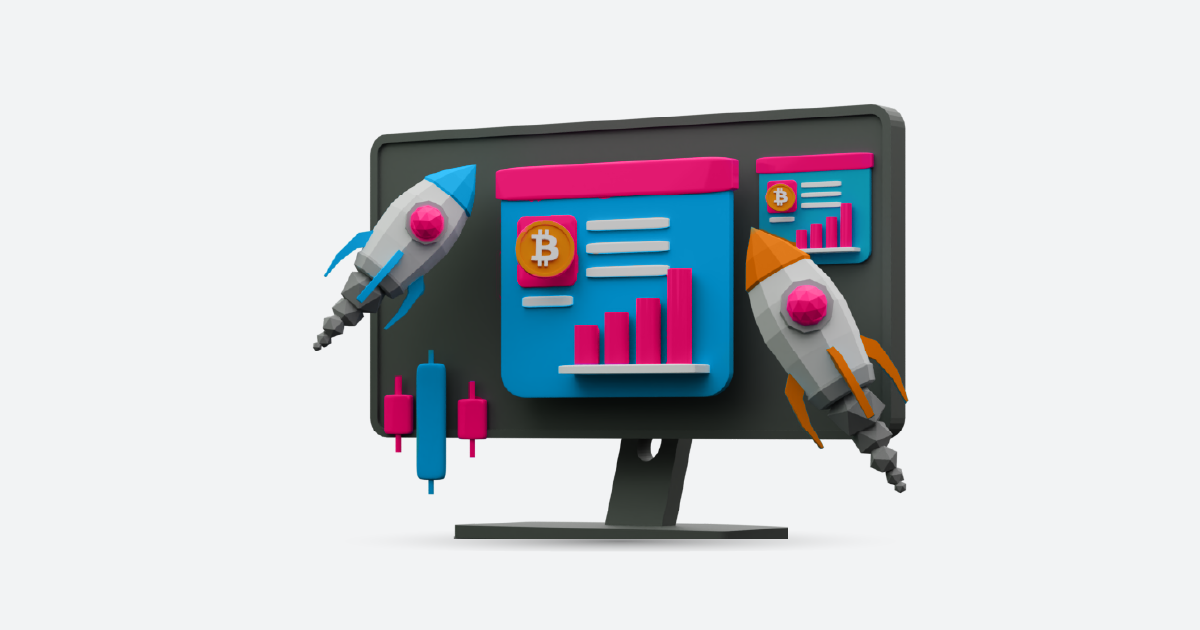Social media has become an integral part of our daily lives, and for businesses, it’s a powerhouse for reaching and engaging with their target audience. As the digital landscape evolves, the need for businesses to understand their social media performance has become paramount. This is where social media analytics report come into play.
Introduction to Social Media Analytics Report

1. Definition and Importance
Social media analytics involves the collection, measurement, and interpretation of data from social media platforms. It provides insights into audience behavior, content performance, and the overall effectiveness of a brand’s online presence. In the realm of digital marketing, a social media analytics report is the compass that guides strategic decisions.
2. Role in Digital Marketing Strategy
In a world dominated by digital interactions, businesses need to optimize their online presence. Social media analytics report offer a comprehensive view of a brand’s performance, enabling marketers to tailor their strategies for maximum impact.
Key Metrics in Social Media Analytics
1. Engagement Metrics
Likes, comments, shares – these metrics gauge how well your audience is interacting with your content. Understanding engagement is crucial for creating content that resonates with your followers.
2. Reach and Impressions
The extent of your content’s visibility is vital for assessing your brand’s reach. Analyzing impressions helps in understanding how many times your content has been displayed.
3. Conversion Rates
Beyond engagement, the ultimate goal is conversion. Social media analytics provide data on how many users took the desired action, such as making a purchase or signing up for a newsletter.
Social Media Analytics Tools
1. Popular Analytics Platforms
From the robust insights of Google Analytics to the social-specific focus of AIM Insights and Sprout Social, various platforms cater to diverse analytics needs.
2. Features and Benefits
Understanding the features of each analytics tool helps businesses choose the one that aligns with their goals. Benefits range from detailed demographic insights to tracking competitor performance.
Interpreting Analytics Data
1. Understanding Trends
Analyzing data trends helps in identifying patterns and predicting future user behavior. This insight is invaluable for crafting effective long-term strategies.
2. Identifying Successful Campaigns
Social media analytics assist in pinpointing which campaigns yield the best results. Learning from success is essential for continual improvement.
Improving Social Media Strategy with Analytics
1. Using Insights for Content Optimization
Armed with analytics, marketers can fine-tune their content strategy. Data-driven decisions lead to content that resonates with the target audience.
2. Tailoring Campaigns Based on Data
Rather than relying on gut feelings, analytics enable marketers to tailor campaigns based on real-time data, ensuring maximum impact.
Challenges
1. Data Accuracy and Reliability
The accuracy of analytics data is crucial for informed decision-making. Addressing challenges in data accuracy is paramount for reliable insights.
2. Privacy Concerns
As privacy becomes a growing concern, finding a balance between obtaining valuable data and respecting user privacy is an ongoing challenge.
The Evolution of Social Media Analytics
1. Historical Perspective
Social media analytics has come a long way. Understanding its evolution provides context for the current state of the industry.
2. Emerging Trends
From augmented analytics to sentiment analysis, staying abreast of emerging trends ensures businesses stay ahead in the analytics game.
Social Media Analytics Best Practices
1. Regular Monitoring
Consistent monitoring ensures that businesses are quick to adapt to changing trends and capitalize on opportunities.
2. Continuous Adaptation
The digital landscape is dynamic. Best practices involve a commitment to continuous learning and adaptation to stay ahead.
Future Trends
1. Predictive Analytics
The future lies in predictive analytics, allowing businesses to anticipate trends and proactively adapt their strategies.
2. Integration with AI and Machine Learning
The synergy between social media analytics and AI/machine learning promises deeper insights and more efficient decision-making.
Social Media Analytics for Small Businesses
1. Tailoring Strategies for Smaller Budgets
Small businesses can leverage analytics to maximize their impact, even with limited resources.
2. Leveraging Free Analytics Tools
Numerous free analytics tools provide valuable insights for businesses with budget constraints.
The Human Element in Analytics
1. Role of Human Interpretation
While analytics tools provide data, the human touch in interpretation is essential for deriving meaningful insights.
2. Balancing Data and Creativity
Effective marketing involves striking a balance between data-driven decisions and creative content creation.
Measuring ROI through Social Media Analytics
1. Calculating Returns on Investment
Determining the success of a campaign involves analyzing the return on investment, a critical metric in the analytics report.
2. Determining Campaign Success
Understanding how analytics contribute to campaign success aids in refining future strategies.
Common Mistakes to Avoid in Social Media Analytics
1. Overlooking Specific Metrics
Each metric plays a role. Neglecting specific metrics can lead to an incomplete understanding of performance.
2. Failing to Adjust Strategies
Analytics data provides a roadmap for improvement. Failing to adjust strategies based on this data is a missed opportunity.
Conclusion
In the ever-evolving digital landscape, social media analytics report is the compass that guides businesses toward success. Understanding key metrics, utilizing the right tools, and adapting strategies based on data are the pillars of effective social media analytics. By embracing the human element in interpretation and learning from both successes and failures, businesses can navigate the complexities of the digital world with confidence.
Ready to Unlock the Power of Social Media Analytics? Request a Demo from AIM Technologies today!
FAQs
What are the essential metrics to monitor in social media analytics?
- Engagements, reach, impressions, and conversion rates are crucial metrics to monitor.
How can small businesses benefit from social media analytics?
- Small businesses can tailor strategies for smaller budgets and leverage free analytics tools for valuable insights.
Why is the human element crucial in interpreting analytics data?
- While analytics tools provide data, human interpretation adds context and depth to the insights.
What are the future trends in social media analytics?
- Predictive analytics and integration with AI and machine learning are emerging trends in social media analytics.
Why is continuous adaptation important in social media analytics?
- The dynamic nature of the digital landscape requires continuous adaptation to stay ahead and capitalize on opportunities.




